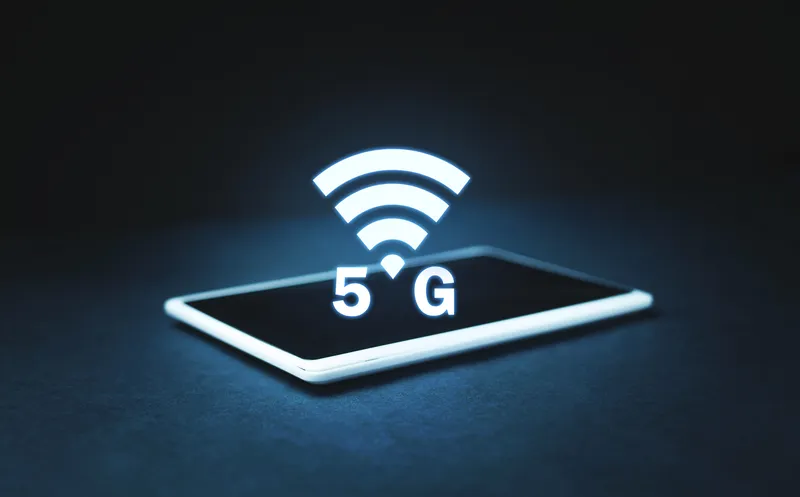Toyota Motor Corporation and the Nippon Telegraph and Telephone Corporation (NTT) have agreed to work together on connected car technology, combining their knowledge and expertise in automotive and information and communication technology (ICT) research and development.
Their aim is to address a range of issues, including traffic accidents, congestion and the delivery of new mobility services, to help realise a future worldwide Smart Mobility Society. A field trial is planned for 2018 to assess the feasi
April 4, 2017
Read time: 2 mins
Their aim is to address a range of issues, including traffic accidents, congestion and the delivery of new mobility services, to help realise a future worldwide Smart Mobility Society. A field trial is planned for 2018 to assess the feasibility and usability of representative services for connected cars.
Toyota’s role in the collaboration is to research and develop and ICT platform for connected cars, aimed at creating new and better mobility services, drawing on its knowledge of how vehicles are used and vehicle data requirements.
The NTT Data Corporation will develop technologies for building a platform to collect, accumulate and analyse large volumes of vehicle information, supported by the company’s advanced analytics capability and experience in supporting social infrastructure in Japan. The NNT Communications Corporation will establish a next generation global ICT infrastructure, optimised for the IOT by leveraging its globally expanding ICT services (including a Tier 1 IP backbone and VPN and data centres). NTT Docomo will promote 5G standardisation for automotive use and develop 5G mobile communications system trials, building on its expertise in 5G standardisation efforts and advanced R&D.
NTT will carry out R&D on edge computing technology and promote international standardisation. It will also undertake R&D on driving advice and voice interaction technologies, making use of know-how from the NTT Group’s artificial intelligence technology corevo.









